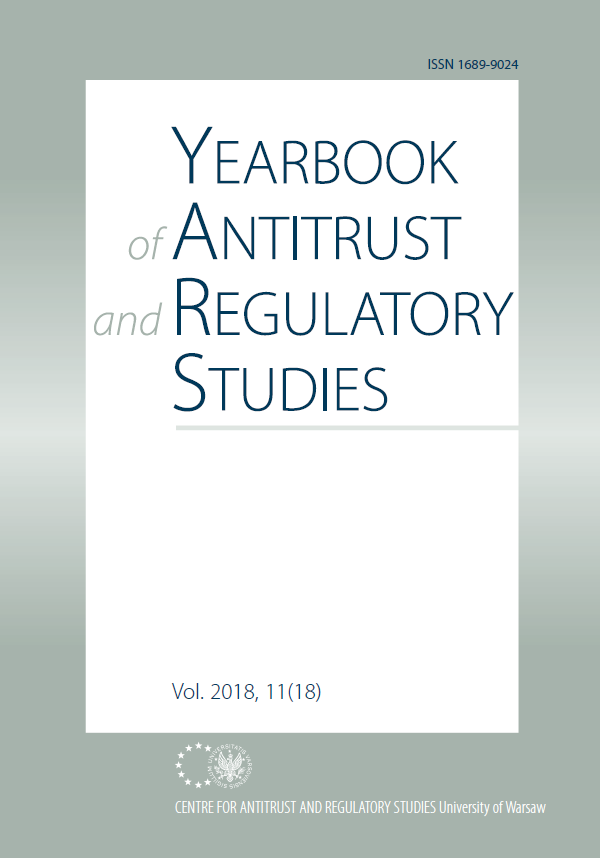Can an Ideal Court Model in Private Antitrust Enforcement Be Established?
Can an Ideal Court Model in Private Antitrust Enforcement Be Established?
Author(s): Dominik WolskiSubject(s): Business Economy / Management, Commercial Law
Published by: Wydawnictwo Naukowe Wydziału Zarządzania Uniwersytetu Warszawskiego
Keywords: antitrust private enforcement; specialized, quasi-specialized and non-specialized courts; antitrust litigations; judges; jury;judicial review;
Summary/Abstract: Any discussion of private antitrust enforcement usually focuses on substantive law and proceedings applicable to private antitrust cases. Those elements are important, however, the efficacy of both public and private enforcement relies upon rules of law (substantive and procedural) along with their application. The latter constitutes a substantial aspect affecting the institutions which make decisions in private antitrust enforcement cases, namely the relevant courts. The enforcement of competition law is inextricably intertwined with the economy and markets. As a result, antitrust cases are demanding for non-specialist judges, who usually do not have enough knowledge and experience in the field of competition. Even if the Damages Directive has already been implemented in all EU Member States, there is still room for discussion about developing an optimal court model for the adjudication of private antitrust enforcement cases. In the aforementioned discussion the issue of the binding effect of decisions made by the European Commission (EC) and National Competition Authorities (NCAs) in private enforcement cases, as well as the experience of judges stemming from the number of cases they have resolved, cannot be missed. Bearing this in mind, the main aim of this paper is to analyse the model of competent courts operating in private antitrust cases in twenty selected countries including the US, the UK and the vast majority of EU Member States. Taking into account that a theoretically pure concept of an ideal model of relevant court operations presumably does not exist, it is essential to try to figure out what the main characteristics of the courts might be that can lead to effective private antitrust enforcement.
Journal: Yearbook of Antitrust and Regulatory Studies (YARS)
- Issue Year: 11/2018
- Issue No: 18
- Page Range: 115-152
- Page Count: 38
- Language: English

